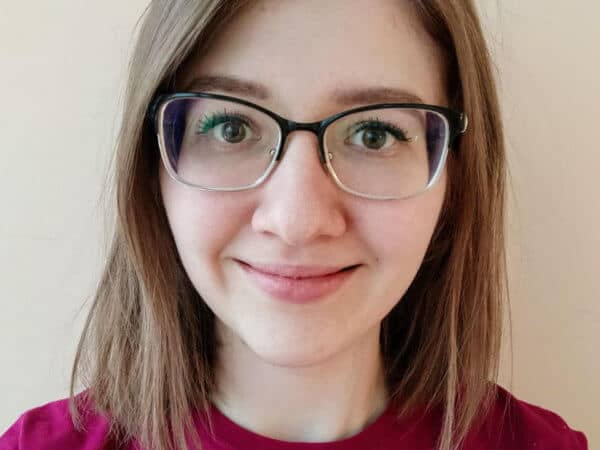The last step in the process of starting your degree in the UK is applying for a student visa. Students who are required to obtain this document are most likely to apply for the General student visa, also known as Tier 4 visa. Here I will be sharing tips on how to avoid a rejection and save time in the process.
When to apply
Students can apply for the visa three months before the start date of the course. By the time you apply for visa, you should collect all the required documents on your finances, health certificates, and, most importantly, university acceptance.
Although applicants usually hear back about their visa status within three weeks, be aware that it might take longer. From my experience, I submitted the documents to the embassy on 2 August and got my passport with visa in it delivered on 14 September – three days before my flight to London.
To check the estimated time for the processing your visa for your country, you can check this website.
The application process includes making an appointment at the embassy for a specific date, preparing a list of documents, and attending an interview.
Types of documents
When collecting all the precious documents, it might be easier to think of them in terms of categories. For Tier 4 visa, they fall into four distinct groups: personal, financial, university, and health-related documents. Additionally, you will be asked for two photos 3.5×4.5 cm in dimensions.
Translating documents
Everything you provide to the embassy needs to be translated into English unless it’s initially issued in English. Translations needs to be certified with a stamp by a translation agency. It usually takes two working days for the documents to be ready.
Personal documents
These are the easiest ones to obtain. You definitely have them at home and all you need to do is to photocopy and translate them. Here is a list of the main documents you’ll need:
- High school diploma
- Birth certificate
- Passport and a copy of all pages of the passport
Financial documents
Making sure you have enough funds to cover the living expenses on top of the tuition fees is crucial when applying for a visa. Specific universities have guidelines on estimated costs and necessary amounts of money to have on your debit card.
Depending on university, your visa may allow you to work part-time along with your studies. In this case, the maximum number of hours you can work per week will be written in your visa.
To proof finances, students usually collect the following documents:
- Certificates from their parent’s workplace
- Bank statements
- National healthcare services payment
- Visa fee payment
University-related documents
To prove your place on a course, universities will issue and send you your CAS number. CAS stands for Confirmation of Acceptance for Studies. It is sent to the student once the enrollment to the university or college is confirmed. On top of that, you may need to supply letters of acceptance, offer letters and scholarship letters on official forms.
To prove your level of English both for the visa purposes and as part of university criteria, you will need to sit IELTS Academic exam. It is comprised of four sections: Listening, Reading, Writing, and Speaking and you can have all four sections on one day or your Speaking exam on the following day.
Health certificate

To stay in the UK for an extended period of time, you need to provide a Tuberculosis health check certificate. It is conducted in one of the health clinics that work with the embassy. You will need to make an appointment in advance so that by the time your have an interview at the embassy, the certificate is ready.
On the day
Remember that you are not allowed to bring big bags so either leave them at home and bring only the documents or have someone wait for you while you are submitting the documents.
Make sure you have plenty of time as there are multiple people coming to the embassy at the same time as you are.
At the embassy, your documents will be scanned in so remove all the staples if any of your documents or translations are stapled or bound together.
Once you have it
Once you’ve received your passport with visa in it, you will notice that the visa doesn’t cover the whole course of your studies – and that’s ok! The temporary visa will let you enter the country and once you’ve settled you will need to collect your Biometric Residence Permit (BRP) card and register at your local police office. The BRP card now becomes the document that you will need to use along with the passport when entering the country.
Once your visa process is complete you can start looking for a home to stay abroad!
Amber provides thousands of housing options across the globe that you can call your own sweet home when you are settling into your new environment! You will find accommodation right from student homes in Manchester to student housing in Glasgow. Their homes are updated with the latest covid protocols and you can get your very own home easily through their website!
Applying for a student visa is a tedious process and it requires time management skills and guidance so make sure you make the most of the resources provided by the university and help from the admissions office.
Photos: Shutterstock
Support us!
All your donations will be used to pay the magazine’s journalists and to support the ongoing costs of maintaining the site.
Share this post
Interested in co-operating with us?
We are open to co-operation from writers and businesses alike. You can reach us on our email at [email protected]/[email protected] and we will get back to you as quick as we can.










